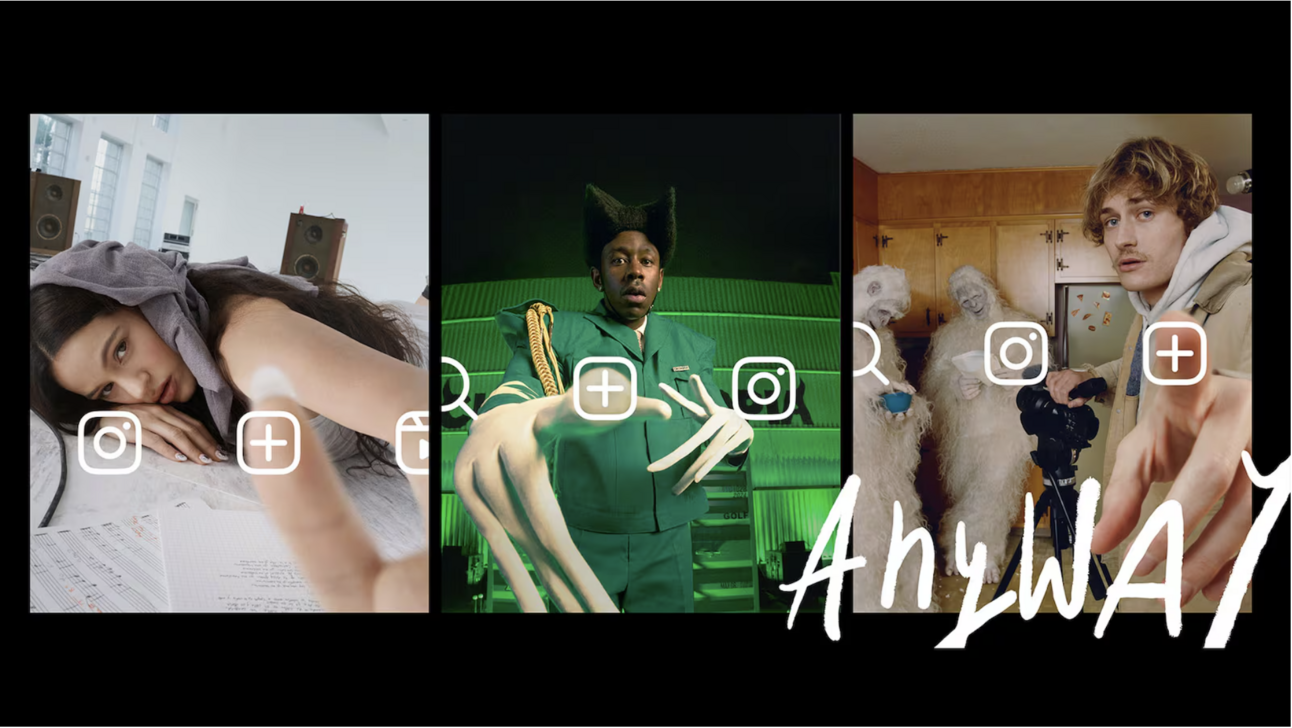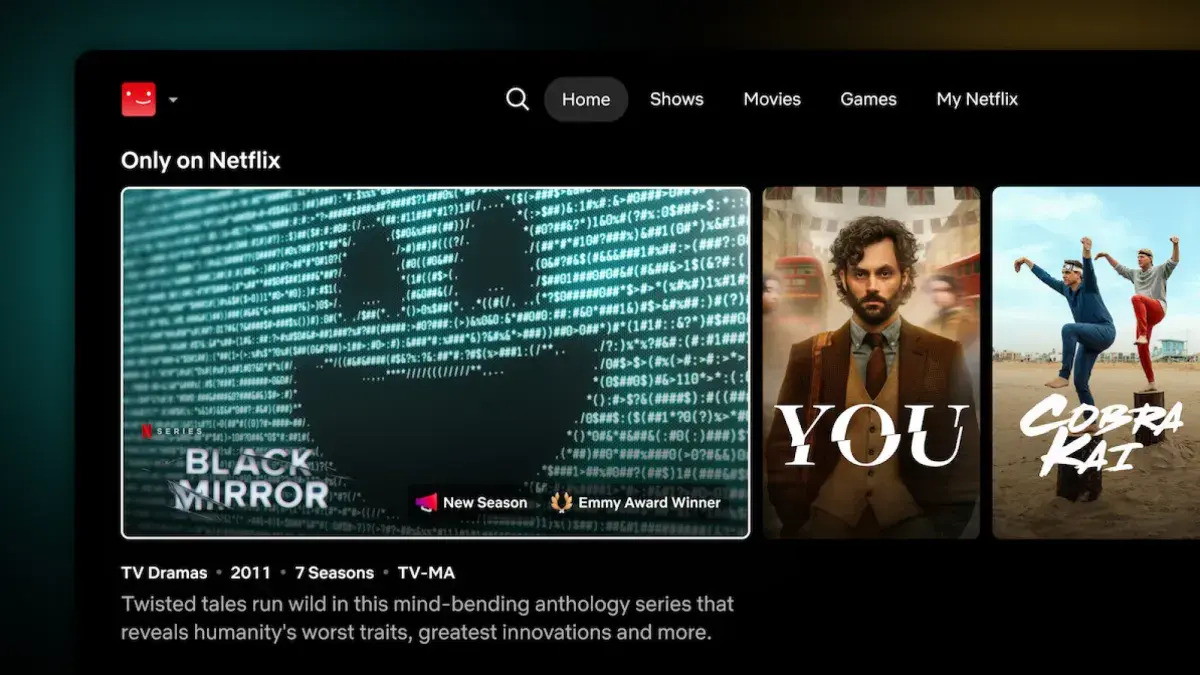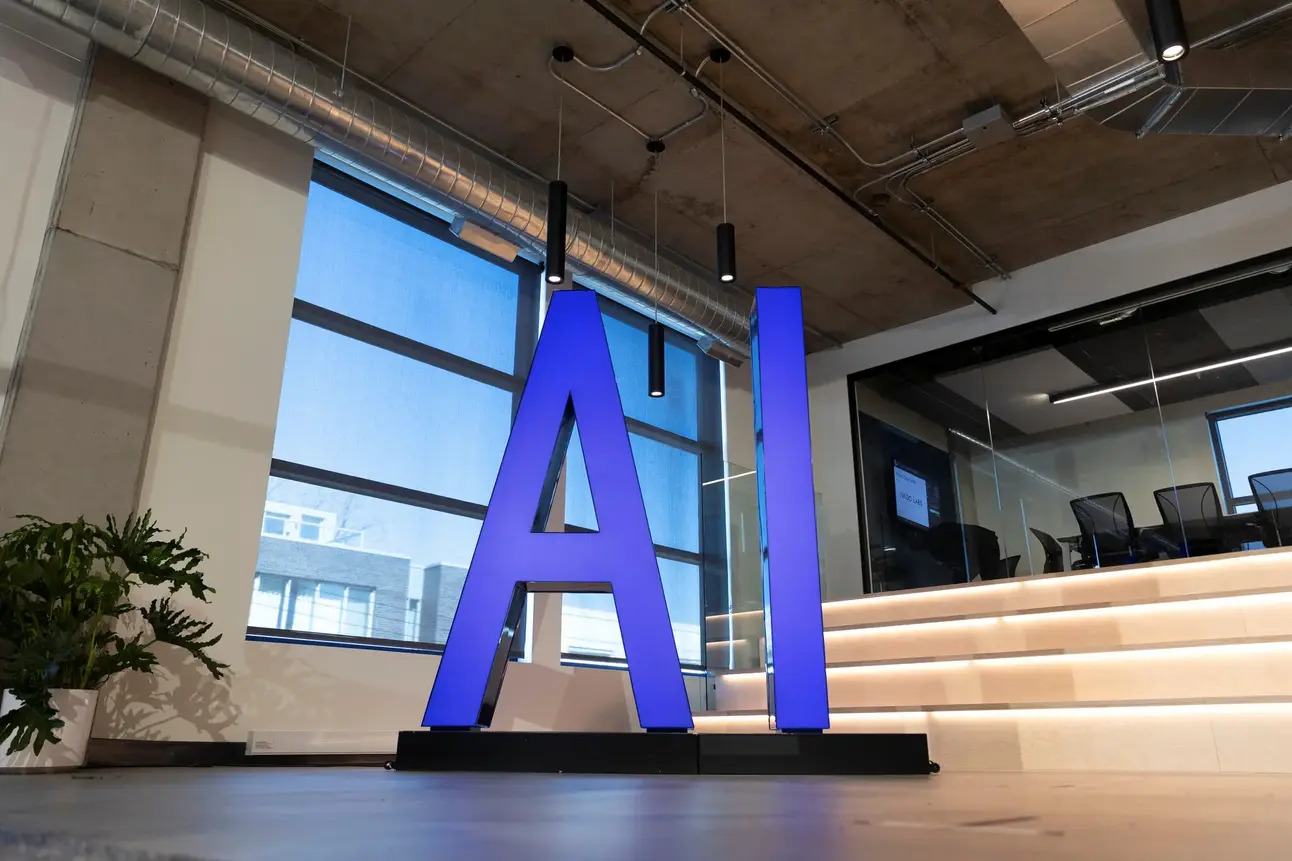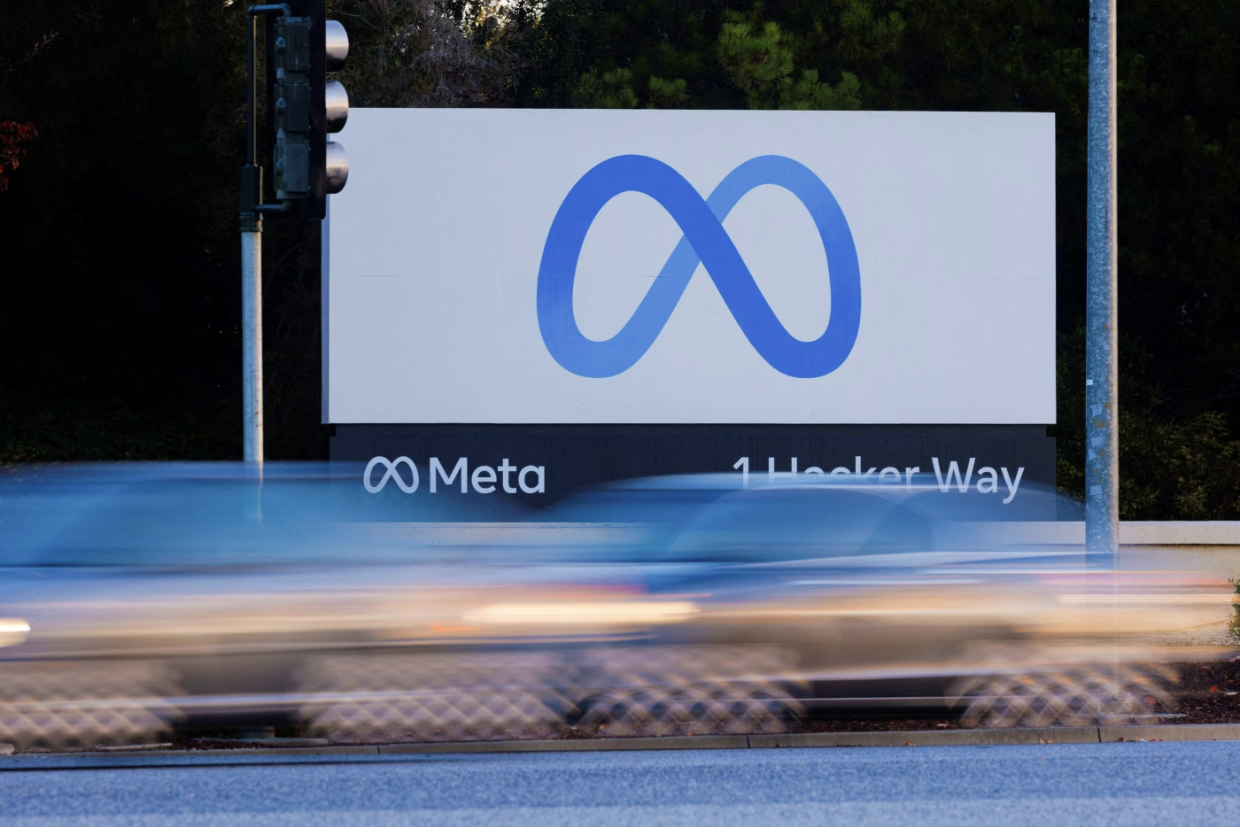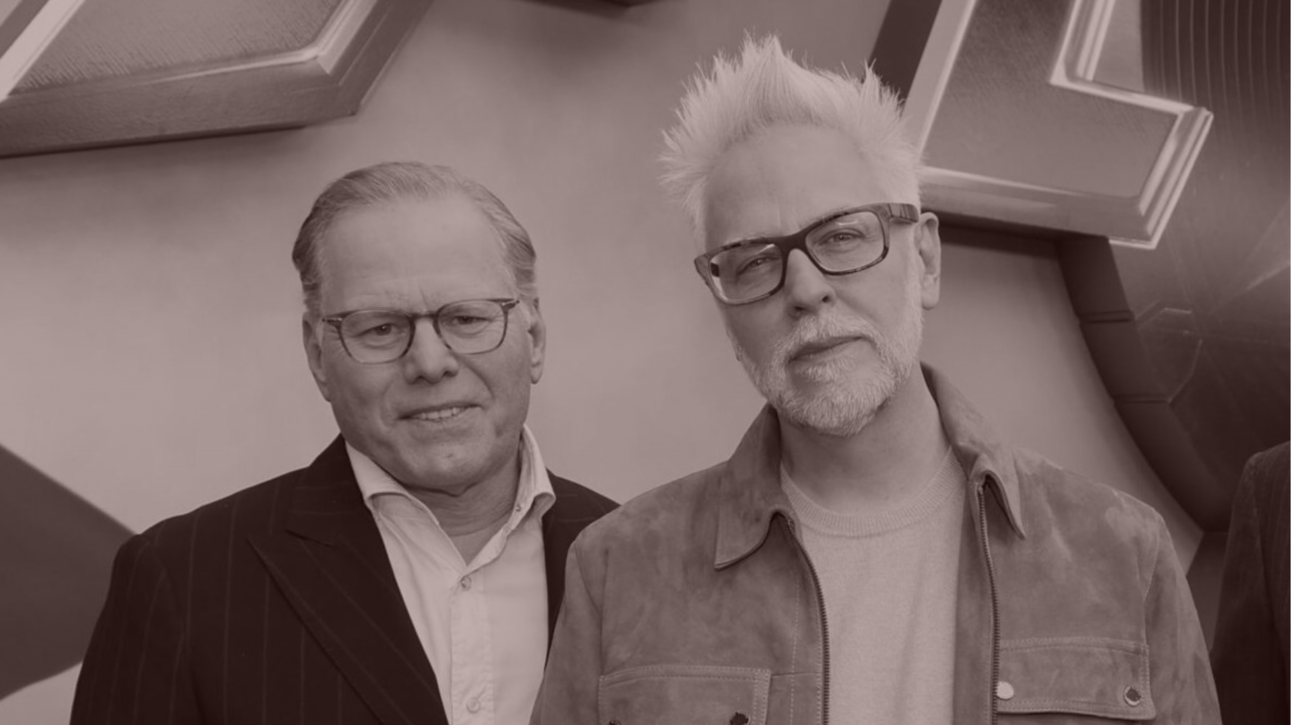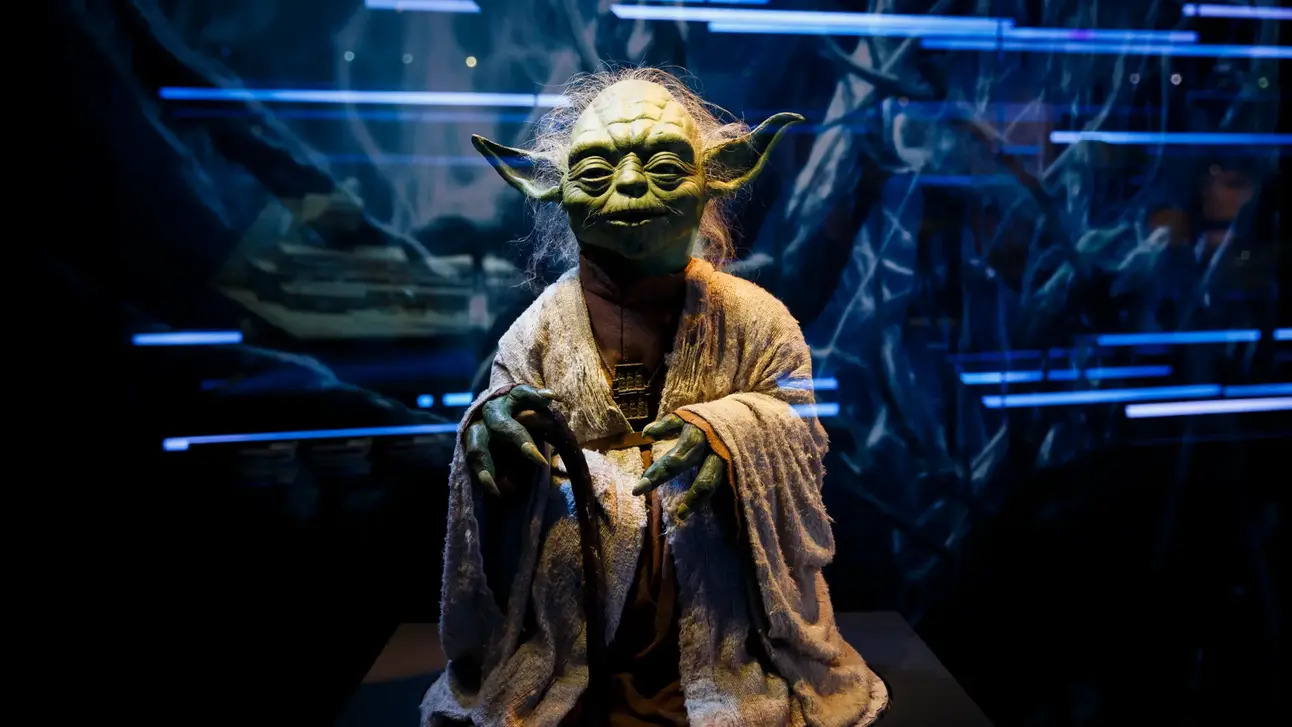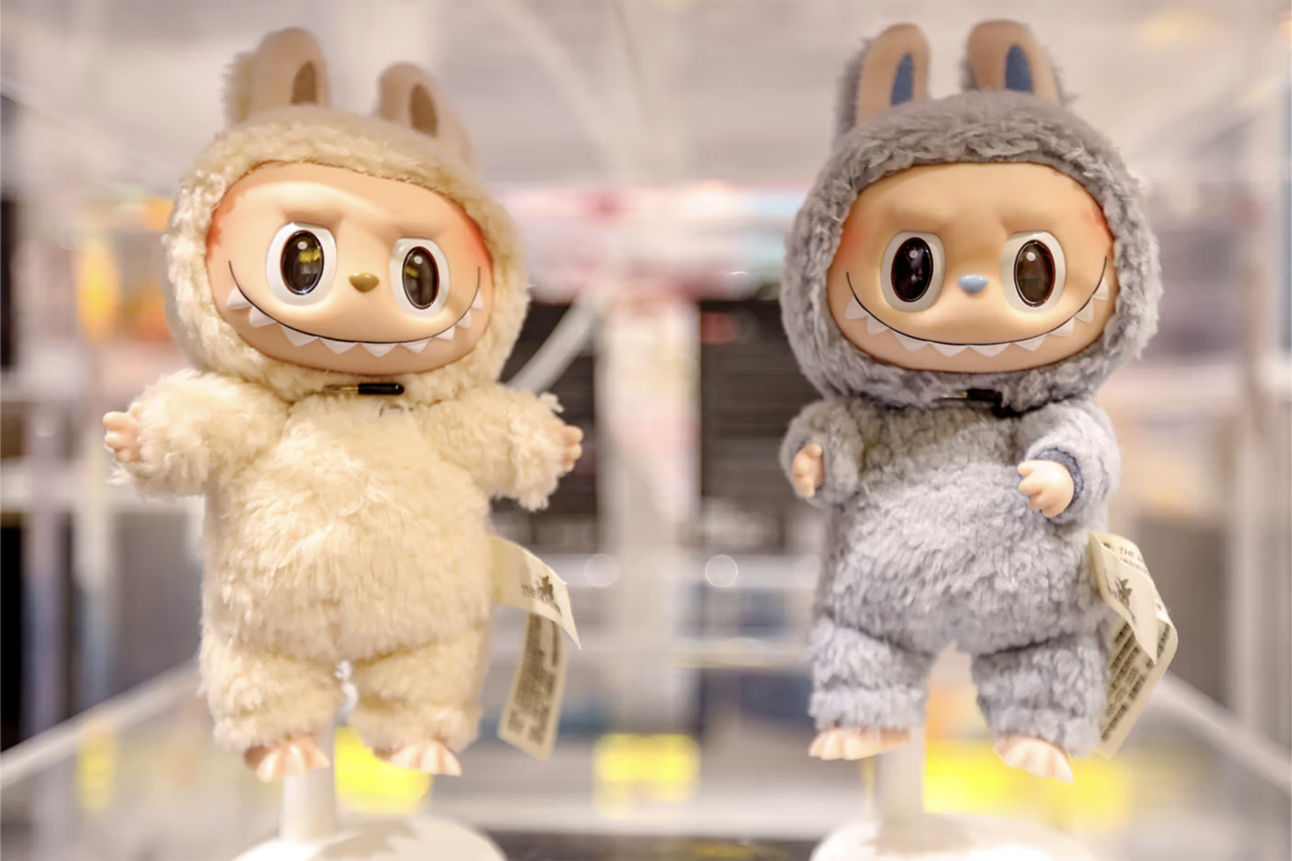- The 10 Things Newsletter
- Posts
- How Tech Giants’ New AI Ad Tools Threaten Big Agencies
How Tech Giants’ New AI Ad Tools Threaten Big Agencies
Plus: Why Disney & Universal Sue Midjourney Over AI-Generated Character Theft
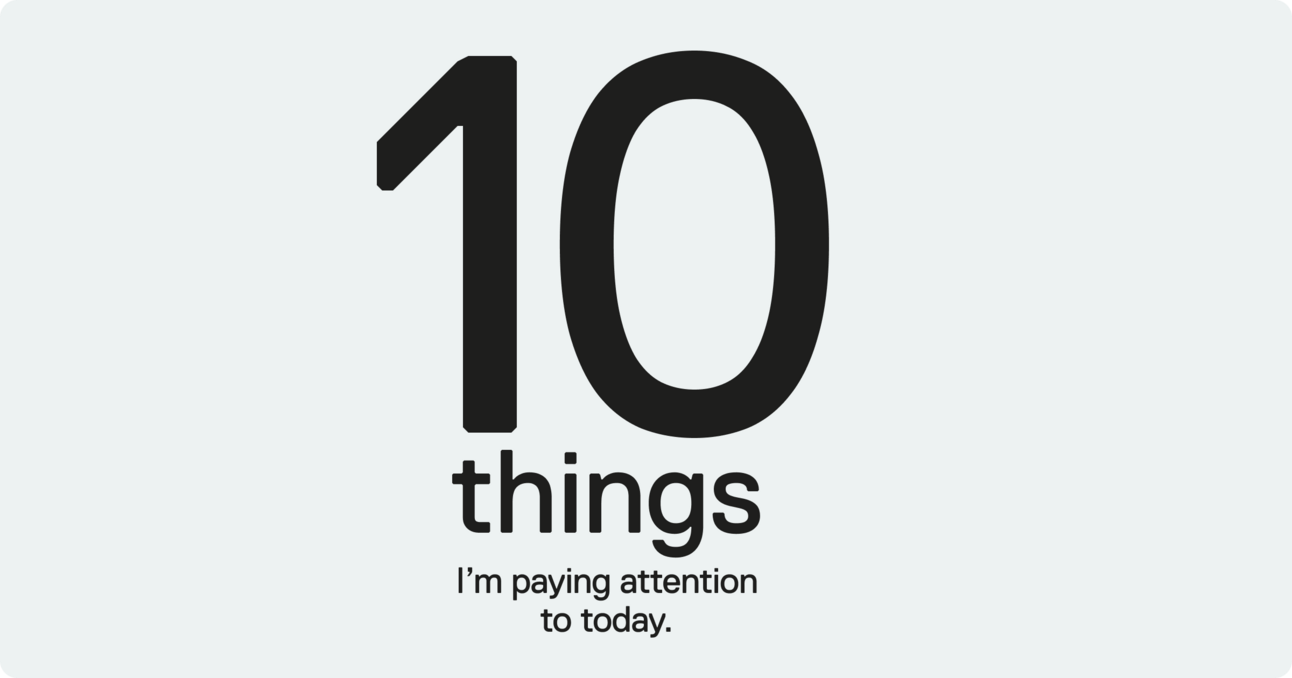
Hey there—Ryan here in sunny LA ☀️. Here’s what I’m tracking today across entertainment, tech, and marketing:
Your job title might not survive the summer. Shopify just axed “UX Design” as a title company-wide, signaling a bigger shift where job roles are collapsing into broader, faster-moving teams. Meanwhile, AI ad tools from Meta, Google, and Amazon are quietly reshaping creative work—threatening to eat agency lunch while brands chase scale and speed. Heads up: career evolution isn’t optional anymore, it’s happening in real-time.
Instagram just turned 15 and is having a midlife moment with its self-aware “ANYWAY” campaign—a nod to its messy, beautiful chaos. Netflix, not to be outdone, dropped its first big TV redesign in over a decade, leaning hard into the “Keep Watching” habit loop. And over at Disney, Cannes Lions 2025 is shaping up to be a flex of epic proportions—think multiplatform IP, immersive worlds, and some Mickey magic with muscle.
On the big bets front: Meta just poured $14.3B into Scale AI and pulled the CEO into its secretive “Superintelligence” lab. Disney and Universal are suing Midjourney over AI-generated character theft, setting up a legal showdown that could define the future of synthetic storytelling. And if James Gunn’s Superman reboot doesn’t fly, it could crash WBD’s post-split dreams before they even take off.
Let’s get into it. 👇
Thanks for reading! Enjoyed this edition? Share it with a friend or colleague!
Was this forwarded to you? Sign up here to receive future editions directly in your inbox.
Support the Newsletter: If you’d like to support my work, consider contributing via Buy Me a Coffee.
Stay Connected: For more insights and updates, visit my website or follow me on LinkedIn, YouTube, and TikTok.
Work with Me: Interested in partnering with me on sponsored content, consulting/advising, or speaking and workshops? Get in touch here.
How was today's newsletter?Feedback helps me improve! |
